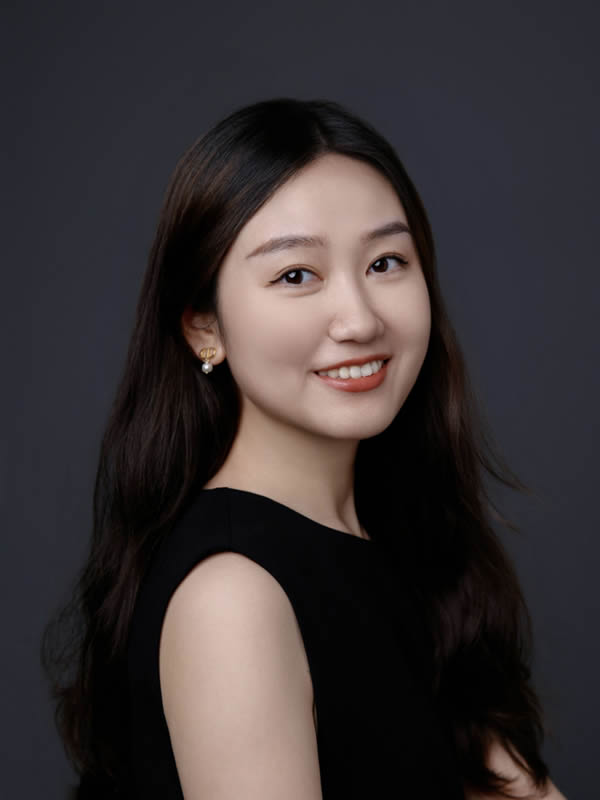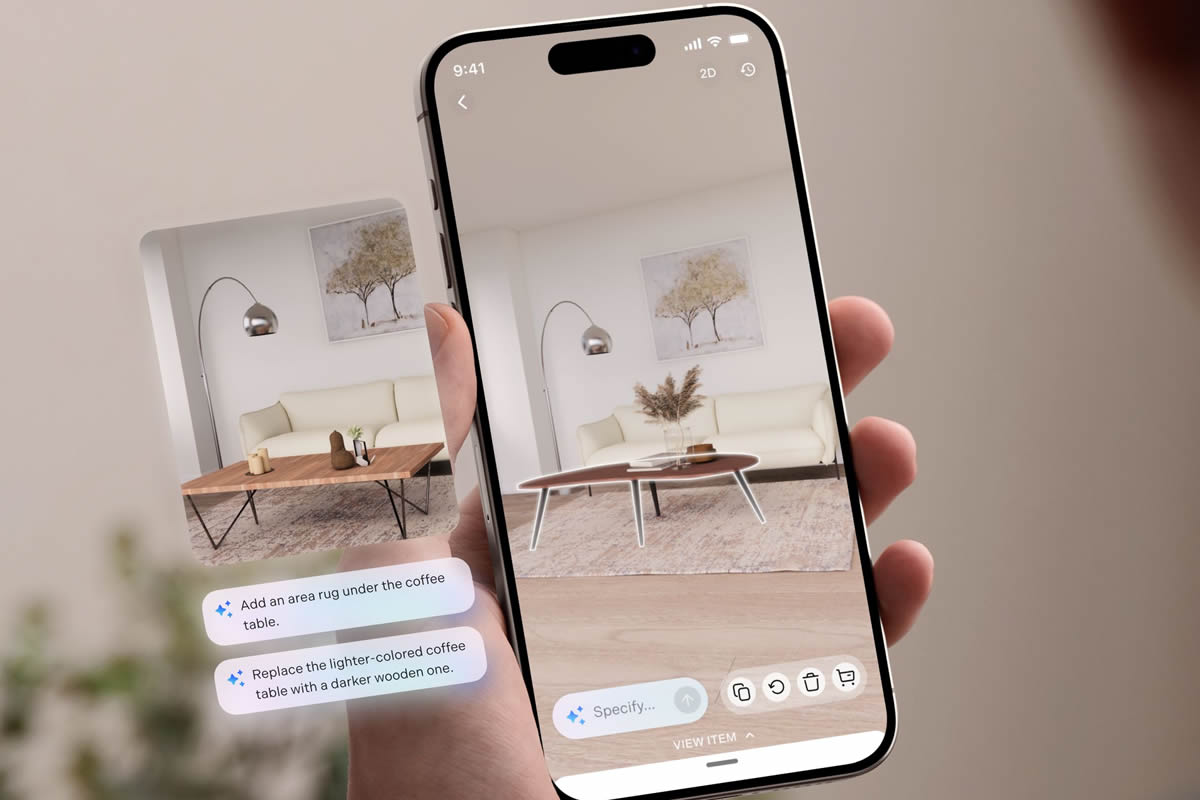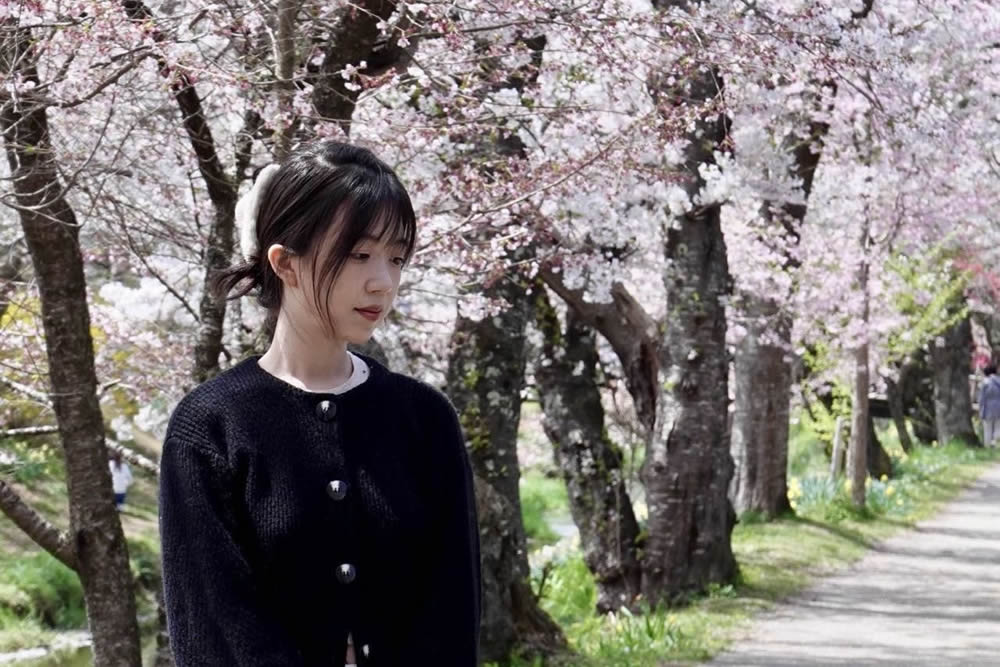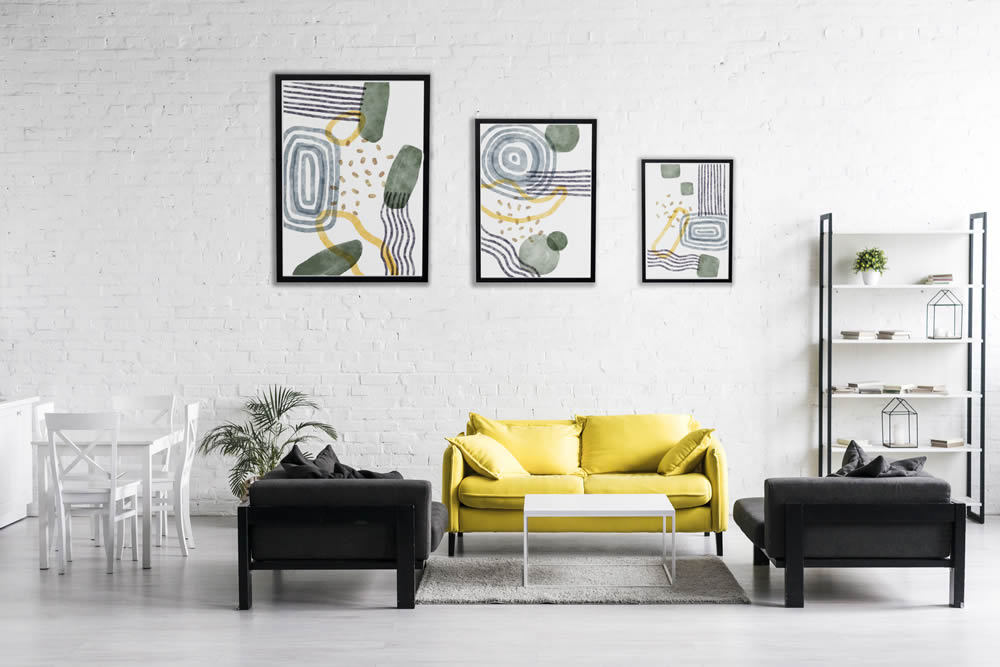In a year that has seen artificial intelligence reshape the landscape of digital design, UX/Product Designer Yuqi Cao stands out for her uniquely human-centered approach to technology. As both her projects, Parallel and Aetco, gather international acclaim, her work demonstrates how AI can be harnessed to address fundamental human needs.

"Technology should serve human flourishing," Cao reflects, discussing her approach to design. This philosophy is particularly evident in Parallel, her mental health support platform that has received honors from the German Design Award, Muse Design Awards, and Muse Creative Awards, alongside a nomination for the prestigious UX Design Awards 2024.
Parallel wasn’t born from a desire to showcase technology, but from a deep understanding of human vulnerability. The platform emerged from extensive research showing that while 970 million people worldwide suffer from mental health challenges, many hesitate to seek help due to privacy concerns and fear of judgment.
Cao’s solution combines sophisticated AI capabilities with careful attention to human psychology. The platform’s AI-powered journaling feature generates prompts that adapt to users’ emotional states, while its anonymous community features create safe spaces for sharing experiences. "We wanted to make emotional support accessible without sacrificing privacy or personal connection," she explains.
The platform’s innovative stats feature demonstrates Cao’s sophisticated approach to AI integration. Rather than simply tracking mood, the system analyzes patterns in user interactions to provide meaningful insights about emotional triggers and coping strategies. This data-driven approach to emotional understanding has earned praise from mental health professionals and design experts alike.
Similar attention to human needs shapes Aetco, her AI-powered recruitment platform that earned Silver at both the European Product Design Award and London Design Awards, and a nomination for the UX Design Awards 2025 Spring. The platform addresses the human elements of hiring – from reducing bias in candidate evaluation to making the process more accessible for underrepresented communities.
Cao’s journey to this human-centered approach reflects her unique background. During her time at CNN, she worked on projects that directly impacted civic engagement, including redesigning the election content consumption experience and Voter Guide. This work taught her how thoughtful design could make complex information more accessible and engaging for millions of Americans.
Now at TriNet, she leads design initiatives that support tens of thousands of small and medium-sized businesses, bringing her human-centered approach to enterprise-level challenges. Her designs have significantly improved user satisfaction while reducing support costs, demonstrating how attention to human needs can drive business efficiency.
"Good design isn’t about showing off technology," Cao notes. "It’s about understanding human challenges and using technology thoughtfully to address them." This philosophy has earned her work recognition from some of the industry’s most prestigious competitions, with jury members particularly praising her ability to make complex technologies feel intuitive and accessible.
Looking ahead to 2025, Cao remains focused on exploring how AI can enhance rather than replace human capabilities. Her current work at TriNet continues to make remarkable achievements in enterprise software design while both Parallel and Aetco evolve to meet changing user needs.
The string of international honors for her work – including recognition from the Loop Design Awards and Creative Communication Awards – reflects growing industry appreciation for design that puts human needs first. As artificial intelligence transforms how we work and live, Cao’s approach offers a model for how designers can harness new technologies while maintaining focus on human experience.
"The future of design lies in finding the right balance," she reflects. "Between innovation and accessibility, between efficiency and empathy, between what technology can do and what people actually need." As her platforms continue to gather accolades and impact lives, Cao’s vision for human-centered AI design seems more relevant than ever.
Article by: Jennifer Adams




